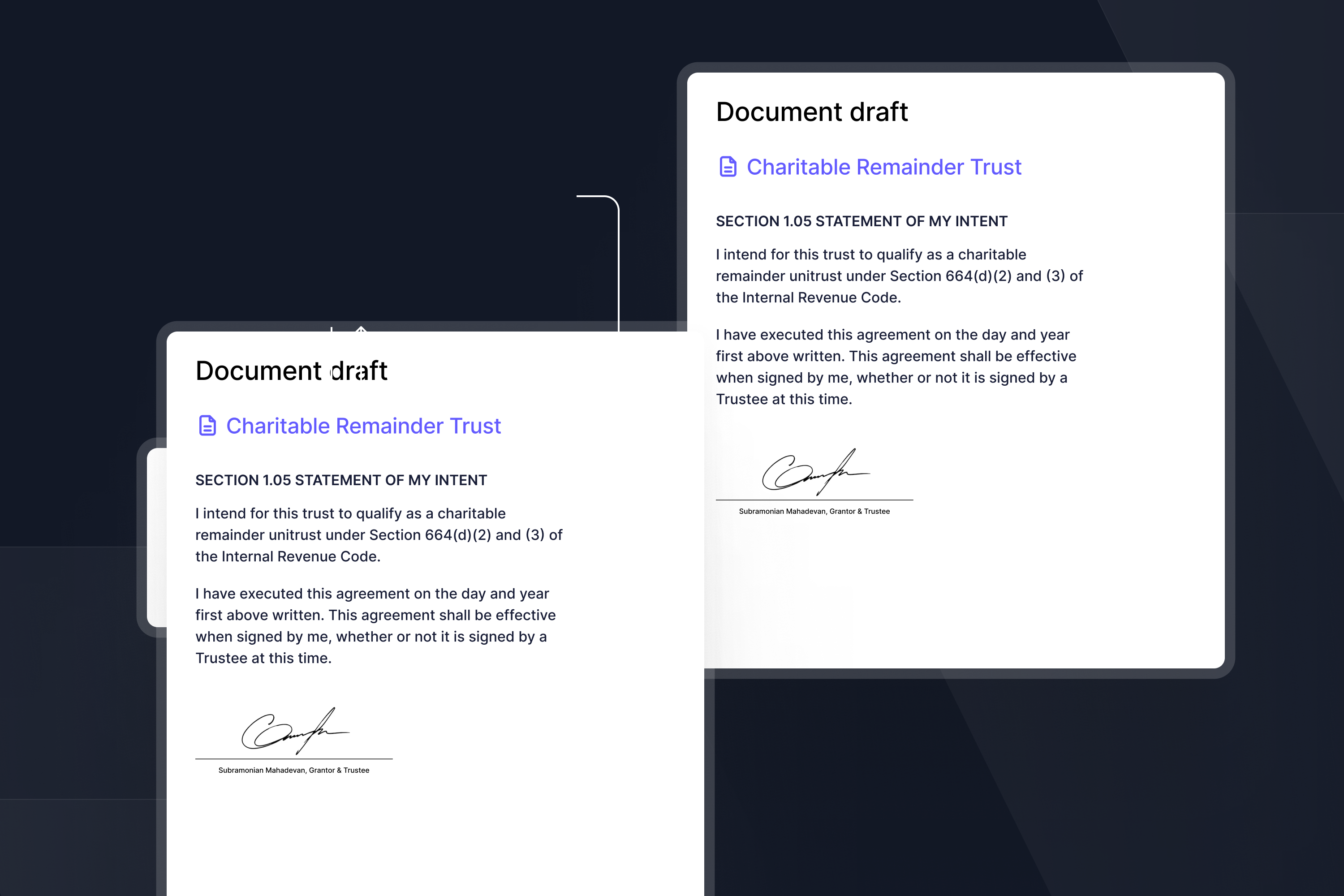
FEATURED ARTICLE
Tax Planning for Realized Gains and Ordinary Income
Tax planning strategies for realized gains and ordinary income

Tax planning strategies for realized gains and ordinary income


The Incomplete Non Grantor trust (commonly referred to as an “ING” trust) provides a way to move taxation from the individual level to the trust level. As such, placing appreciating assets in a properly structured ING trust situated in a state with no income taxes is a way that many people can minimize state income taxes.
Note: ING trusts do not provide income tax benefits for New York residents because in New York incomplete gifts are taxed through to the grantor.
Carly is a California resident. Carly is the founder of Company W. Company W has been successful and is currently worth $80,000,000. Carly still owns 15% of Company W (that is $12,000,000 worth of Company W stock) and she decides to use Valur to help her maximize her tax benefits.
Valur helps Carly set up an ING trust in South Dakota. Carly is the trustmaker/grantor and Carly, Carly’s mom, Carly’s dad, and Carly’s brother are the beneficiaries. The trust is structured so that Carly has sole approval for distributions made to her mom, dad, or brother, and distributions made to Carly require approval from three of the four beneficiaries (so Carly plus two). (See the “one more step” section in our initial ING post for an explanation of why this is necessary.)
Carly gives the trust her $12,000,000 in Company W stock as an incomplete gift. (The fact that the stock is given as an incomplete gift means it is disregarded for estate tax purposes.)
Let’s assume that Company W continues to grow and is later acquired for at a price where Carly’s $12,000,000 of equity is worth $30,000,000. The trust would sell the equity when Company W is acquired, and then the trust would have $30,000,000 in cash (which is an $18,000,000 gain). Instead of needing to pay $1,500,000 in income taxes to California, the trust, as its own taxpayer in South Dakota, would pay $0.00 in state taxes. As a result the trust can keep that $1.5m that it otherwise would pay to California and continue to invest and grow those hard earned gains.
When Carly wants distributions, all she needs to do is get three of the four beneficiaries (herself plus two of her mom, dad, and brother) to approve.
Set a time to talk with our team or just check out our tax savings online tool.
We built a platform to give everyone access to the tax and wealth building tools of the ultra-rich like Mark Zuckerberg and Phil Knight. We make it simple and seamless for our customers to take advantage of these hard to access tax advantaged structures so you can build your wealth more efficiently at less than half the cost of competitors. From picking the best strategy to taking care of all the setup and ongoing overhead, we make it easy and have helped create more than $500m in wealth for our customers.
Ready to talk through your options?
Free 15-min consult · No obligation · Estate Tax